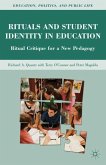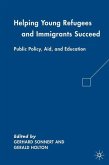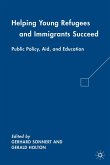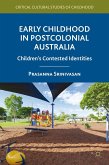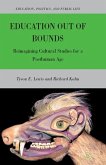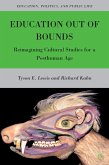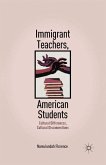An exploration of how the nonrational aspects of schooling, especially ritual(s), have been harnessed to construct a commonsense which serves the interests of transnational corporations, leaving those educators committed to democracy to develop a new pedagogy that rejects the technical solutions that present reforms demand.
"Quantz has undertaken a major project, and it will contribute significantly to the social science literature and to the literature on educational ethnography in a major way. What is remarkable about this book is the way it examines the creation of an ethnic and/or consumerist identity to replace nationalist/citizenship identity, all connected to the social relations of neoliberal globalization - and the creation of a transnationalist capitalist class. The work is cutting-edge. It will stand alone as a major contribution to the ethnographic literature on schools." - Peter McLaren, Professor, GraduateSchoolofEducationand Information Studies,UniversityofCalifornia,Los Angeles
"As always, Quantz is articulate, well-organized and accessible. This book is a needed contribution to work in socially just leadership and educational studies, and I strongly recommend it." - Shirley R. Steinberg, Director, The Freire Project for Critical Pedagogy, McGill University
"Richard Quantz's new text, Rituals and Student Identity in Education, offers an insightful new perspective on education in the 21st century by examining the nonrational aspects of education and the importance of ritual performance." - Critical Questions in Education journal
"As always, Quantz is articulate, well-organized and accessible. This book is a needed contribution to work in socially just leadership and educational studies, and I strongly recommend it." - Shirley R. Steinberg, Director, The Freire Project for Critical Pedagogy, McGill University
"Richard Quantz's new text, Rituals and Student Identity in Education, offers an insightful new perspective on education in the 21st century by examining the nonrational aspects of education and the importance of ritual performance." - Critical Questions in Education journal


